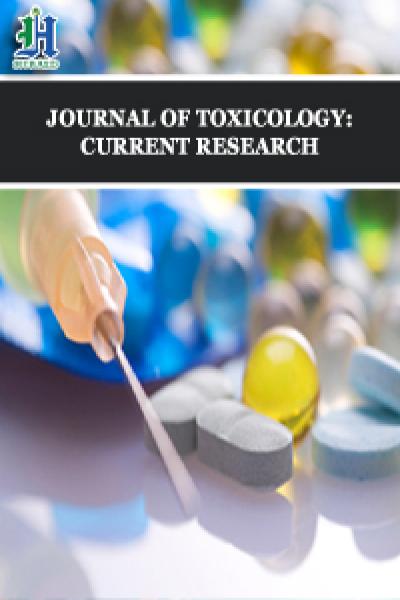
Molecular Toxicology
Molecular toxicology explores the molecular and cellular mechanisms by which toxic substances exert their harmful effects on biological systems. It focuses on the interaction of xenobiotics—including drugs, environmental pollutants, and industrial chemicals—with genes, proteins, and signaling pathways. This field aims to identify molecular targets of toxicity, such as receptors, enzymes, DNA, and ion channels, and to elucidate pathways involved in apoptosis, oxidative stress, inflammation, and cellular repair. Molecular toxicologists use advanced techniques including transcriptomics, proteomics, metabolomics, and CRISPR-based gene editing to uncover toxicity mechanisms and biomarker signatures. These insights support the development of safer pharmaceuticals, predictive toxicology models, and targeted therapeutic strategies.
Molecular toxicology bridges the gap between classical toxicology and systems biology, providing a deeper understanding of dose-response relationships at the cellular level. The Journal of Toxicology: Current Research encourages contributions that investigate toxicogenomic profiles, molecular pathways of toxicity, and the application of molecular tools in safety evaluation and risk assessment.

